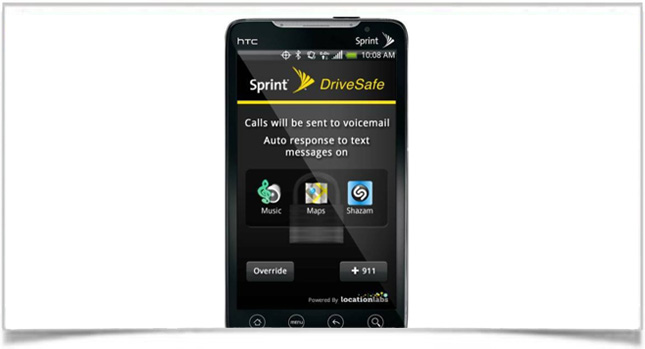Oh, if only all those futurists from the 1930s could have predicted a device as wondrous as the Smart Phone. It’s the communicator from Star Trek, a world atlas, the world’s largest department store and a personal assistant / concierge all rolled into one. You could organise a wedding or run a global empire from one of these things, and many people do.
Unfortunately, like seemingly everything humanity invents, it has its downsides as well. For some of us it can be addictive and overuse of these distracting devices can result in devastating consequences for one’s self and others, especially when use in conjunction with another wonder of the last century: the automobile.
Phones and cars don’t mix. The idea that someone – anyone – can control a two tonne vehicle travelling at forty miles per hour (60 km/h) while talking, typing or searching the internet is ludicrous. And accidents happen more often than many of us care to admit. Sure, we’ve all done it, but we should know better. I mean, it’s not like alcohol or drugs are impeding our judgement on our morning commute (well, for most of us). We do it because, a) we can, b) we (probably) won’t get caught and c) we think we can multitask.
Fortunately, there are companies like Sprint and its mandatory Drive First app on its Android Smart Phones. Using the same GPS technology that underpins sat nav and the like, Drive First calculates the phone’s speed through space and locks down certain features when it “thinks” you’re driving.
Phone calls go to voice mail, text messages are auto-replied to and but three applications of the user’s choice, like maps or music, are blocked. Of course, the user can override it at any time (though these are logged for the benefit of parents, employers and overprotective spouses) and there’s even a button to dial the emergency services in a pinch.
Sprint users will be able to opt in to the service for US$2 (€1.42 a month), though it’s not yet known how much the service will cost for non-Sprint users with Android smart phones. Drive First was developed by Location Labs and made its first appearance on T-Mobile’s phone, albeit in a stripped down form. As always, we’d love to hear what our readers think about this issue and you can leave your bit below in the comments section.
By Tristan Hankins
Via Cnet , Photo: Sprint








